
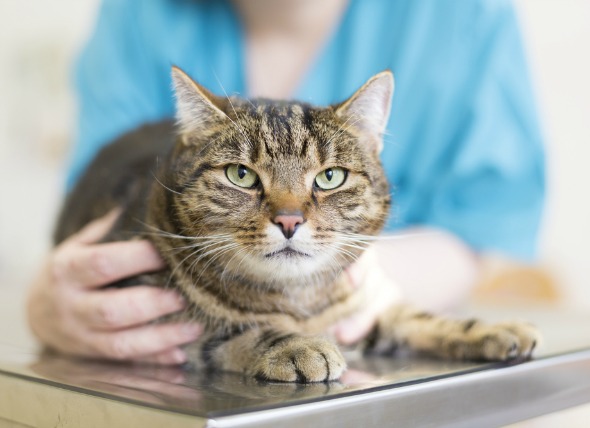
Coccidiosis is a parasitic type of infection, caused by the Coccidia parasite. It most commonly causes watery, mucus based diarrhea in animals. If it is not treated, over time it can cause damage to the lining of a cat's intestinal tract. With appropriate and prompt treatment, the prognosis is good.
The primary symptom of a coccidial infection is watery, mucous-like diarrhea. Bloody diarrhea and an inability to control defecation will become apparent as the infection progresses, and your cat may become weak and feverish, with related vomiting and weight loss. Dehydration is a serious concern, due to the diarrhea and vomiting, and can quickly lead to serious organ complications. The nervous system may also be affected, with tremors and confusion presenting.
Types of Coccidium that infect cats:
Being in an environment with other infected animals is the most common cause of this infection. It is typically spread through fecal matter, but some types may also spread through the ingestion of intermediate hosts, such as rats, mice and birds. Still, it is most commonly contracted from a parent cat to her litter due to the proximity of feces and the tendency of kittens to eat unfamilair items and explore. The coccidiosis infection is of particular danger for kittens, since their immune systems are still underdeveloped.
A fecal examination is the most common method of diagnosis for this infection. The coccidium parasite will be readily visible under microscopic examination.
Treatment is generally outpatient. A sulfa based medication to kill the parasite will be prescribed, and is generally highly effective and fast working. Your cat will need to be rehydrated as a result of the diarrhea. If your cat is debilitated as a result of severe infection, your veterinarian may suggest observation in a medical setting. A follow up fecal examination within 1-2 weeks of the initial treatment will be needed to ensure that the parasite is no longer present in the body.
You will need to administer the full course of prescribed medication as directed and monitor your cat for progress. If there is a decline in its health, you will need to return to your veterinarian to ensure that there is not a more serious underlying health issue that needs treatment. Keep in mind that hygeine is also an issue. Wearing disposable gloves and disposing of feces properly is critically important.
The best prevention is to keep infected animals apart. Preemptive testing of the feces from your cat while it is pregnant, or after it has given birth, to be sure that it is not infected will help to protect newborns from infection.
New owners may wish to have their kitten's feces tested to ensure that the coccidia parasite is not present, since this is a common issue. If you have a kitten that is infected, alert the breeder or owner to the problem so that treatment can be prescribed for their remaining animals.
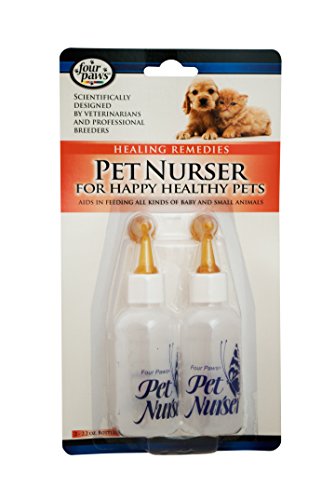 How to Take Care of Kittens
Credit: www.pixabay.com
How to Take Care of Kittens
Credit: www.pixabay.com
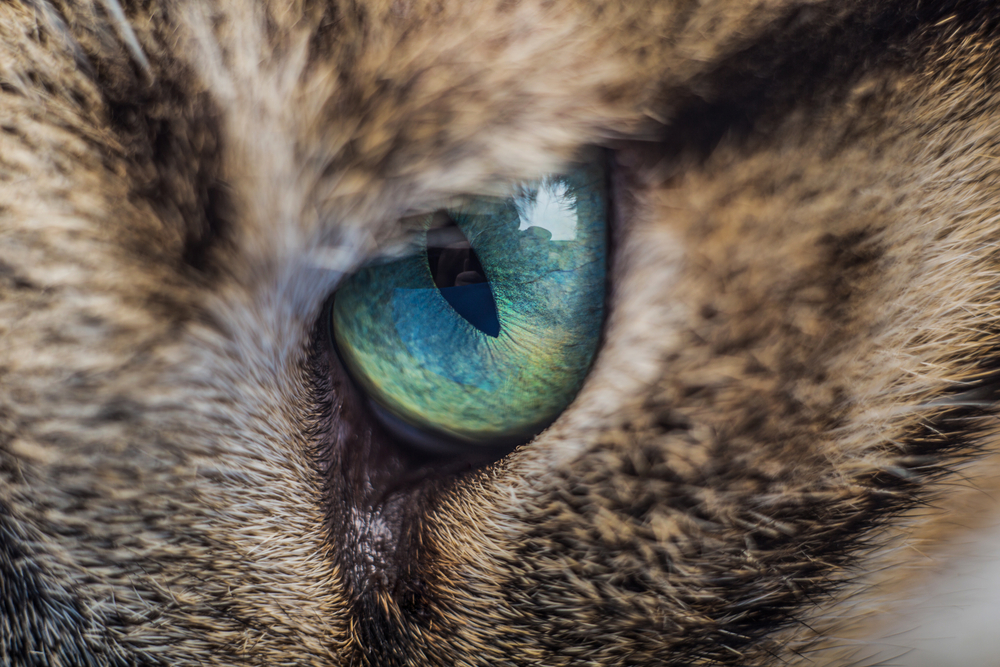 Eye Inflammation (Conjunctivitis) in Cats
Conjunctivitis in Cats
Conjunctivitis refers to t
Eye Inflammation (Conjunctivitis) in Cats
Conjunctivitis in Cats
Conjunctivitis refers to t
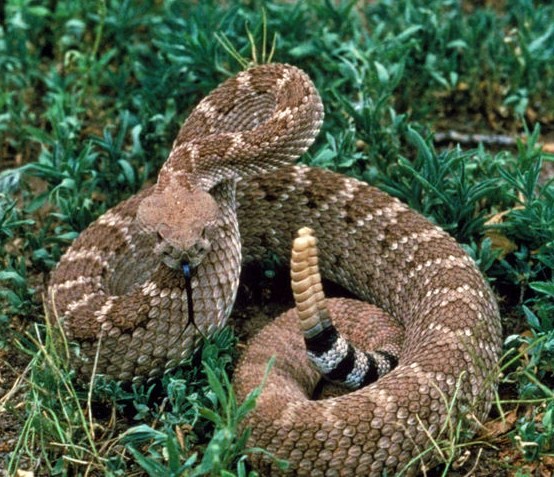 Pit Viper Bite Poisoning in Cats
Pit Viper Snake Venom Toxicosis in Cats
Pit vipe
Pit Viper Bite Poisoning in Cats
Pit Viper Snake Venom Toxicosis in Cats
Pit vipe
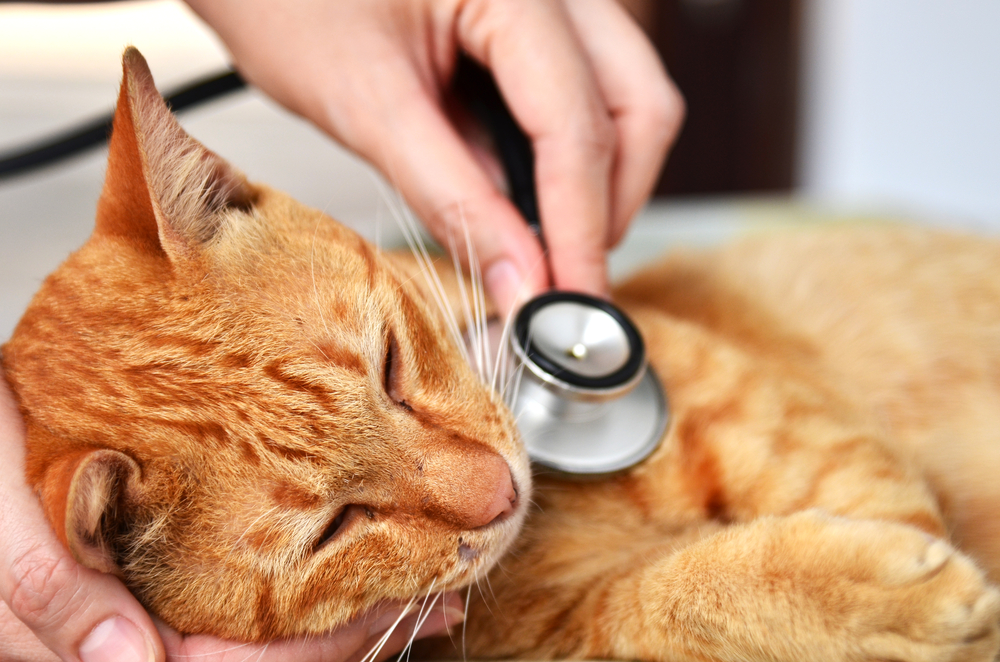 High Blood Sugar in Cats
Hyperglycemia in Cats
The term hyperglycemia refe
High Blood Sugar in Cats
Hyperglycemia in Cats
The term hyperglycemia refe
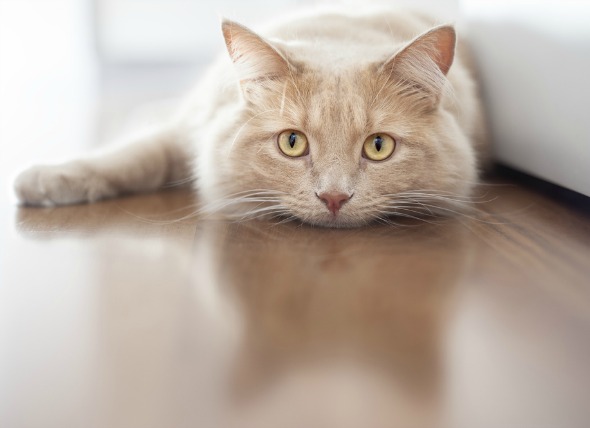 Inflammation of the Pancreas in Cats
Pancreatitis in Cats
The pancreas is part of the
Inflammation of the Pancreas in Cats
Pancreatitis in Cats
The pancreas is part of the
Copyright © 2005-2016 Pet Information All Rights Reserved
Contact us: www162date@outlook.com